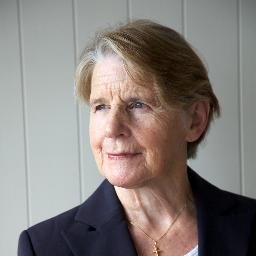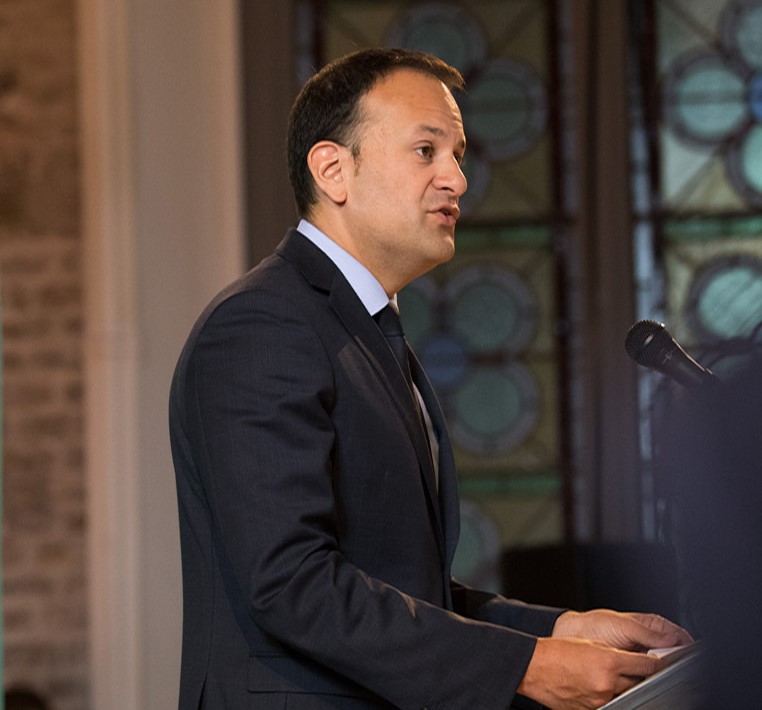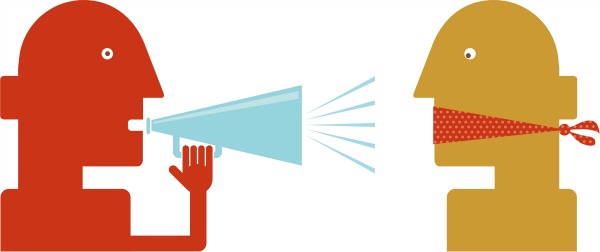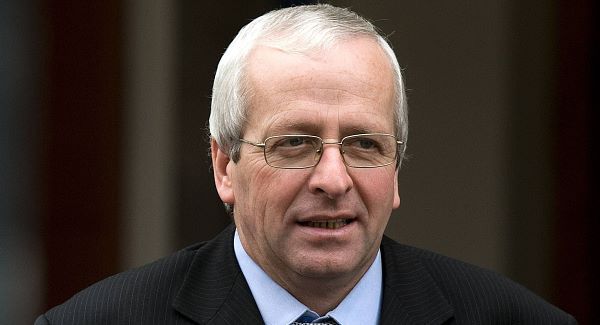
Dr Boylan told the committee that the Eighth Amendment has caused “grave harm to women, including death”, and added that Savita Halappanavar “died as a consequence of the Eighth Amendment”. This was disputed in the hearing itself by one of the members, Mattie McGrath, TD, who said there are “lots of differing opinions” about the cause of Ms. Halappanavar’s death.


The well-known social justice campaigner and Sister of Charity, Sister Stanislaus Kennedy, was awarded an honorary doctorate by Dublin City University yesterday. In her speech accepting the award, she paid tribute to the founder of the Sisters of Charity, Mary Aikenhead, whose example had taught her “a deep respect for the poor”. She told the conferring ceremony she was “an extraordinary woman who, 200 years ago, gave her life to the service of the poor and who pioneered new ways in health, education and home care”. Besides founding the Religious Congregation, the Sisters of Charity, she also set up many institutions for the care of the sick and vulnerable including St Vincent’s hospital. Sister Stan also paid tribute to the many other sisters and volunteers who helped her in her work on behalf of the homeless and immigrants over the years.

The former Master of the Maternity, Peter Boylan, hospital will speak at the Oireachtas Committee on abortion today where he will give his medical opinion that the availability of abortion pills over the internet makes the pro-life amendment to the Constitution an exercise in futility. The 1983 amendment recognises the equal right to life of the unborn and pledges the State to protect it “as far as practicable”. Prof Boylan will tell the committee that when the Eighth Amendment was enacted, “neither the world wide web nor the abortion pill had been invented.” However, the availability of abortion-inducing drugs online nowadays means that “the genie is out of the bottle.” He will also tell the committee that in the EU, 99 per cent of women have access to abortion up to 10 weeks of pregnancy. The remaining one per cent live in Ireland or Malta.
He will make the additional point that without the availability of abortion in the UK, there would be “an epidemic of illegal abortions and a massive increase in maternal mortality” in Ireland. He expressed no reservations about the UK law which results in almost 200,000 abortions annually in Britain.

Taoiseach Leo Varadkar has defended comments he made in 2010 when he compared women travelling to the UK for abortions to those who travel to other jurisdictions for other services which are illegal in Ireland. In a 2010 interview in the Sunday Independent’s LIFE magazine, Mr Varadkar was asked if he believed it was a double standard to force thousands of woman to travel to the UK and elsewhere for abortions. The Taoiseach replied: “I don’t think that’s double standards. People travel overseas to do things overseas that aren’t legal in Ireland all the time. You know, are we going to stop people going to Las Vegas? Are we going to stop people going to Amsterdam? There are things that are illegal in Ireland and we don’t prevent people from travelling overseas to avail of them,” he added. Prostitution and cannabis use is legal in both the State of Nevada and the Netherlands.
This weekend, Mr Varadkar defended his comments. “The point I was making was that different countries have different laws,” he said. “Just because something is legal in one country does not mean it should be legal in all countries.

A member of the Commission on Assisted Human Reproduction has criticised as “discriminatory” a plan to impose an age limit of 47 on women accessing such treatment, including the use of donor eggs, embryos, and IVF, but no comparable limit on men. Mary Wingfield, a professor in the Merrion Fertility Clinic in the National Maternity Hospital, said “The upper age limit of 47 for women is reasonable because the risks in pregnancy increase with age,” but added: “Having no upper limit for men but one for women is discriminatory and, while it will cause disagreement, we need one [for men] if we are putting one in for women.”
However, David Walsh, a doctor with the Sims IVF clinic, did not accept that an upper age limit for men was necessary. “Older men are less fertile but they can father a child into their sixties or seventies,” he said. “An age limit on men would ignore biology.”
That difference in biology is also recognised in plans to limit sperm donors to men under 40, while egg donors cannot be older than 35.

The move comes after it was announced that the Census would no longer require people to say whether they were male or female, due to sensitivities toward transgender and non-binary individuals.



Independent TD Mattie McGrath and Senator Ronan Mullen are considering resigning from the Oireachtas committee on the Eighth Amendment as the biased nature of the proceedings turn to “farce”. In a joint statement, Mr McGrath and Mr Mullen said they have “serious concerns about the one-sided nature of the process”, which they described as “entirely skewed and unfair.” They said that “Over 20 groups and individuals pushing for abortion have been invited before the Committee while only a handful of pro-life people have been invited.” Worse still was the news that supposedly expert witnesses, the New York-based Center for Reproductive Rights, were not only an abortion-campaigning group, but were also actively fundraising to change Ireland’s abortion laws. An exasperated Mr Mullen described the committee as a “farce” and told the Irish Independent that “it’s hard to argue with those who describe this entire process as a propaganda exercise in favour of abortion.” Furthermore, Mr McGrath spoke of the poisonous atmosphere in the committee room itself. “When we speak, we’re ridiculed, there are sneers and all kinds of undermining, and when we ask honest questions, in a very calm manner, questions that we’ve prepared for our witnesses…there’s all kinds of gasps and wahoos. I’ve been called a liar by a committee member, but I didn’t tell any lies whatsoever.”
In their joint statement to the press, they concluded: “Given the way things have developed, it is our honest view that the credibility of the Committee cannot be restored owing to how entirely slanted the process has become. We are now actively considering whether there’s any point in our remaining on as members. “